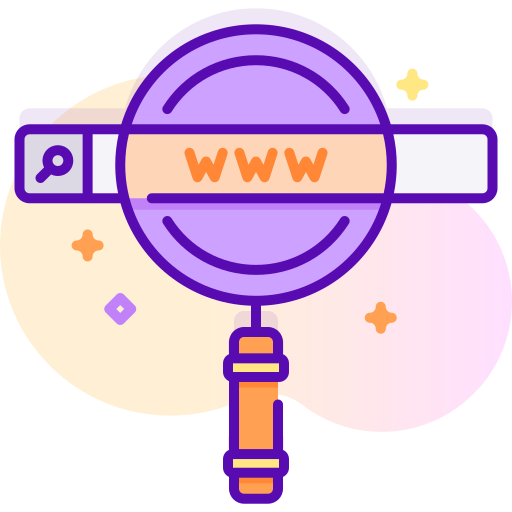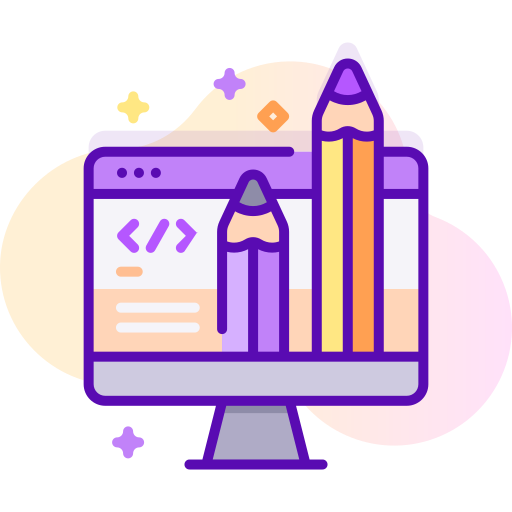
What is Web Design?
Web design governs everything involved with the visual aesthetics and usability of a website—color scheme, layout, information flow, and everything else related to the visual aspects of the UI/UX (user interface and user experience). Some common skills and tools that distinguish the web designer from the web developer are:
- Adobe Creative Suite (Photoshop, Illustrator) or other design software
- Graphic design
- Logo design
- Layout/format
- Placing call-to-action buttons
- Branding
- Wireframes, mock-ups, and storyboards
- Color palettes
- Typography
Web design is concerned with what the user actually sees on their computer screen or mobile device, and less so about the mechanisms beneath the surface that make it all work. Through the use of color, images, typography and layout, they bring a digital experience to life.
That said, many web designers are also familiar with HTML, CSS, and JavaScript—it helps to be able to create living mock-ups of a web app when trying to pitch an idea to the team or fine-tune the UI/UX of an app. Web designers also often work with templating services like WordPress or Joomla!, which allow you to create websites using themes and widgets without writing a single line of code.
What is Web Design?
Web design governs everything involved with the visual aesthetics and usability of a website—color scheme, layout, information flow, and everything else related to the visual aspects of the UI/UX (user interface and user experience). Some common skills and tools that distinguish the web designer from the web developer are:
- Adobe Creative Suite (Photoshop, Illustrator) or other design software
- Graphic design
- Logo design
- Layout/format
- Placing call-to-action buttons
- Branding
- Wireframes, mock-ups, and storyboards
- Color palettes
- Typography
Web design is concerned with what the user actually sees on their computer screen or mobile device, and less so about the mechanisms beneath the surface that make it all work. Through the use of color, images, typography and layout, they bring a digital experience to life.
That said, many web designers are also familiar with HTML, CSS, and JavaScript—it helps to be able to create living mock-ups of a web app when trying to pitch an idea to the team or fine-tune the UI/UX of an app. Web designers also often work with templating services like WordPress or Joomla!, which allow you to create websites using themes and widgets without writing a single line of code.
What is Web Development?
Web development governs all the code that makes a website tick. It can be split into two categories—front-end and back-end. The front-end or client-side of an application is the code responsible for determining how the website will actually display the designs mocked up by a designer. The back-end or server-side of an application is responsible for managing data within the database and serving that data to the front-end to be displayed. As you may have guessed, it’s the front-end developer’s job that tends to share the most overlap with the web designer. Some common skills and tools traditionally viewed as unique to the front-end developer are listed below:
- HTML/CSS/JavaScript
- CSS preprocessors (i.e., LESS or Sass)
- Frameworks (i.e., AngularJS, ReactJS, Ember)
- Libraries (i.e., jQuery)
- Git and GitHub
Front-end web developers don’t usually create mock-ups, select typography, or pick color palettes—these are usually provided by the designer. It’s the developer’s job to bring those mock-ups to life. That said, understanding what the designer wants requires some knowledge of best practices in UI/UX design, so that the developer is able to choose the right technology to deliver the desired look and feel and experience in the final product.
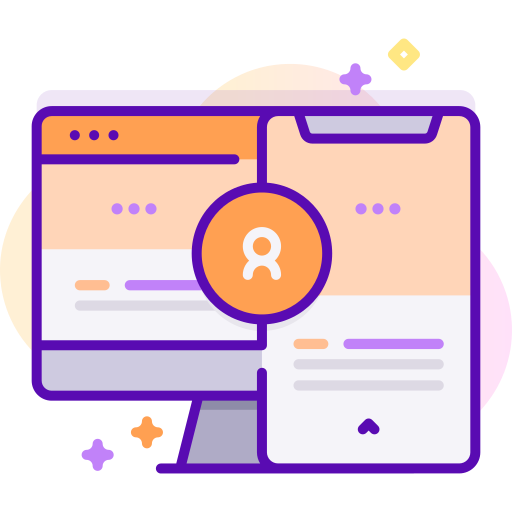
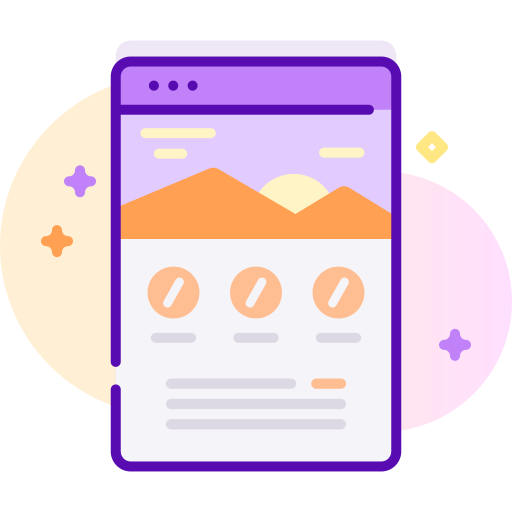
Mobile App Development
A mobile app is a software application developed specifically for use on small, wireless computing devices, such as smartphones and tablets, rather than desktop or laptop computers.
Mobile apps are designed with consideration for the demands and constraints of the devices and also to take advantage of any specialized capabilities they have. A gaming app, for example, might take advantage of the iPhone's accelerometer.
Mobile apps are sometimes categorized according to whether they are web-based or native apps, which are created specifically for a given platform. A third category, hybrid apps, combines elements of both native and Web apps. As the technologies mature, it's expected that mobile application development efforts will focus on the creation of browser-based, device-agnostic Web applications.
A mobile app is a software application developed specifically for use on small, wireless computing devices, such as smartphones and tablets, rather than desktop or laptop computers.
Mobile apps are designed with consideration for the demands and constraints of the devices and also to take advantage of any specialized capabilities they have. A gaming app, for example, might take advantage of the iPhone's accelerometer.
Mobile apps are sometimes categorized according to whether they are web-based or native apps, which are created specifically for a given platform. A third category, hybrid apps, combines elements of both native and Web apps. As the technologies mature, it's expected that mobile application development efforts will focus on the creation of browser-based, device-agnostic Web applications.
Server
A Web server is a program that uses HTTP (Hypertext Transfer Protocol) to serve the files that form Web pages to users, in response to their requests, which are forwarded by their computers' HTTP clients. Dedicated computers and appliances may be referred to as Web servers as well.
Hosting
Web hosting is a service that allows organizations and individuals to post a website or web page onto the Internet. A web host, or web hosting service provider, is a business that provides the technologies and services needed for the website or webpage to be viewed in the Internet. Websites are hosted, or stored, on special computers called servers.
When Internet users want to view your website, all they need to do is type your website address or domain into their browser. Their computer will then connect to your server and your webpages will be delivered to them through the browser.
Most hosting companies require that you own your domain in order to host with them. If you do not have a domain, the hosting companies will help you purchase one.
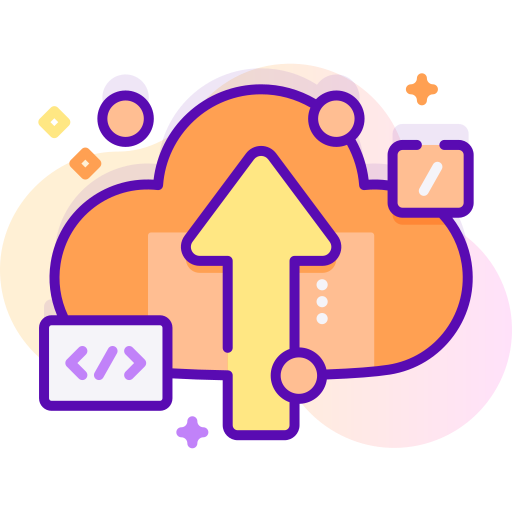
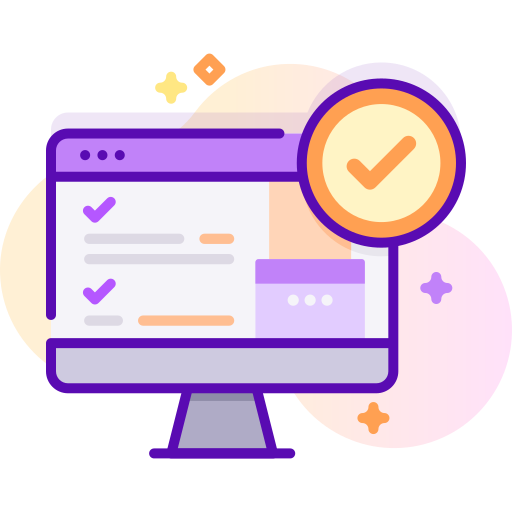
Digital Marketing
Digital marketing is the use of the internet, mobile devices, social media, search engines, and other channels to reach consumers. Some marketing experts consider digital marketing to be an entirely new endeavor that requires a new way of approaching customers and new ways of understanding how customers behave compared to traditional marketing.
Digital Marketing Channels
- Website Marketing: A website is the centerpiece of all digital marketing activities. Alone, it is a very powerful channel, but it’s also the medium needed to execute a variety of online marketing campaigns. A website should represent a brand, product and services in a clear and memorable way. It should be fast, mobile friendly, and easy to use.
- Pay-Per-Click (PPC) Advertising: PPC advertising enables you to reach internet users on a number of digital platforms through paid ads. You can setup PPC campaigns on Google, Bing, Linkendin, Twitter, Pinterest, or Facebook and show your ads to people searching for terms related to your products or services. PPC campaigns can segment users based on their demographic characteristics (age, gender etc) or even their particular interests or location. The most popular PPC platforms are Google Ads and Facebook.
Digital Marketing
Digital Marketing Channels
- Website Marketing: A website is the centerpiece of all digital marketing activities. Alone, it is a very powerful channel, but it’s also the medium needed to execute a variety of online marketing campaigns. A website should represent a brand, product and services in a clear and memorable way. It should be fast, mobile friendly, and easy to use.
- Pay-Per-Click (PPC) Advertising: PPC advertising enables you to reach internet users on a number of digital platforms through paid ads. You can setup PPC campaigns on Google, Bing, Linkendin, Twitter, Pinterest, or Facebook and show your ads to people searching for terms related to your products or services. PPC campaigns can segment users based on their demographic characteristics (age, gender etc) or even their particular interests or location. The most popular PPC platforms are Google Ads and Facebook.
- Email Marketing: Email marketing is still one of the most effective digital marketing channels. Many people confuse email marketing with spam email messages we all receive per day, but that’s not what email marketing is all about. Email marketing is the medium to get in touch with your potential customers or the people interested in your brand. Many digital marketers use all other digital marketing channels to add leads to their email lists and then, through email marketing, they create customer acquisition funnels to turn those leads into customers.
- Social Media Marketing: The primary goal of a social media marketing campaign is brand awareness and establishing social trust but as you go deeper into social media marketing, you can use it to get leads or even as a direct sales channel.
- Affiliate Marketing: Affiliate marketing is one of the oldest forms of marketing, and the internet has brought new life to this old stand-by. With affiliate marketing, you promote other people’s products, and you get a commission every time you make a sale or introduce a lead. Many well-known companies like Amazon have affiliate programs that pay out millions of dollars per month to websites that sell their products.
- Video Marketing: YouTube has become the second most popular search engine and a lot of users are turning to YouTube before they make a buying decision, to learn something or just to relax. There are several video marketing platforms, including Facebook Videos, Instagram, Vimeo to use to run a video marketing campaign. Companies find the most success with video by integrating it with SEO, content marketing, and social media marketing campaigns.
- SMS Messaging: Political parties and candidates use SMS messages to send positive information about their candidates and negative messages about their opponents.
Search Engine Optimization (SEO)
SEO is the process of optimizing your website for the purpose of getting free traffic from search engines.
SEO is important because an optimized web site is easily understood by search engine crawlers and this increases the chances of ranking higher in SERPS (search engine results pages).
Search Engine Marketing (SEM)
SEM is a digital marketing process with the goal of increasing visibility in search engines either by getting organic traffic through SEO or paid traffic through PPC advertising.
Through paid search advertising you essentially buy advertising space in the search engine results. So, instead of trying to rank in one of the top positions organically through SEO and get free traffic, you pay to appear in front of the search results.
The most well-known advertising agency for PSA is Google Ads (formally Google Adwords). Through Google Ads, you can get your ads to appear in the Google search results and you pay only for the clicks on your ads.
This is also the reason why the whole process is called Pay-per-click or PPC. Bing and Yahoo have a similar system but it not so successful and widely known as Google Ads.
SEO is important because an optimized web site is easily understood by search engine crawlers and this increases the chances of ranking higher in SERPS (search engine results pages).
Search Engine Marketing (SEM)
SEM is a digital marketing process with the goal of increasing visibility in search engines either by getting organic traffic through SEO or paid traffic through PPC advertising.
Through paid search advertising you essentially buy advertising space in the search engine results. So, instead of trying to rank in one of the top positions organically through SEO and get free traffic, you pay to appear in front of the search results.
The most well-known advertising agency for PSA is Google Ads (formally Google Adwords). Through Google Ads, you can get your ads to appear in the Google search results and you pay only for the clicks on your ads.
This is also the reason why the whole process is called Pay-per-click or PPC. Bing and Yahoo have a similar system but it not so successful and widely known as Google Ads.
